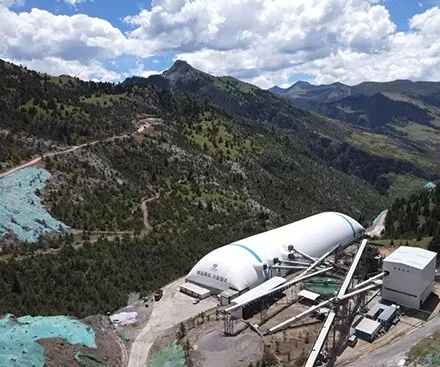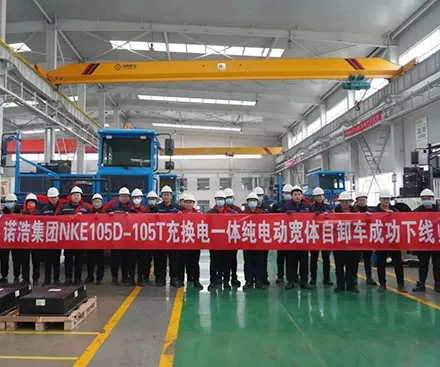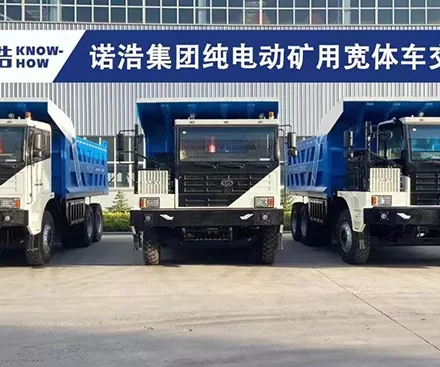Wheel loaders are versatile pieces of heavy equipment commonly found on construction sites due to their wide range of uses. Essentially, wheel loaders function like large, mobile shovels, making them ideal for scooping materials into trucks or transporting them across a job site.
They are capable of lifting and moving a variety of materials, including rubble, soil, gravel, debris, and dirt. While wheel loaders share some visual similarities with bulldozers, there are key differences between the two. Unlike bulldozers, which operate on continuous tracks, wheel loaders are equipped with wheels, as their name indicates. Additionally, instead of a flat blade used for pushing materials, wheel loaders have a bucket designed for scooping, moving, and dumping.
Available in various sizes, wheel loaders are suitable for almost any job site and are adaptable to numerous construction and landscaping projects.
Before purchasing a wheel loader for your fleet, it's crucial to consider several important factors. With hundreds of different models available from various brands, sizes, and specifications, it's essential to know exactly what to look for to make an informed decision.
To ensure you select the ideal wheel loader for your specific needs, take the following aspects into account:
Wheel loaders come in a variety of sizes, so it’s important to choose one that fits the specific jobs you have in mind. Selecting the right size will not only ensure efficiency but also maximize your return on investment (ROI).
When evaluating the size, consider the amount of material the loader will need to handle daily, along with the approximate weight of that material. Key factors to examine include the loader’s horsepower, tipping load, and bucket size, as these will directly impact the machine's performance and suitability for your tasks.
One of the most crucial components of a wheel loader is its bucket, as it enables the machine to dig, scoop, and carry different materials.
Buckets are generally available in compact, small, medium, or large sizes. Selecting the appropriate bucket for your specific needs is vital.
Consider factors such as your daily production requirements and the density of the materials you'll be handling. Additionally, evaluate the bucket’s breakout force, which indicates the amount of force it can exert.
Beyond the bucket, a wide range of attachments can be added to your wheel loader, enhancing its versatility. These attachments help you optimize the machine’s performance.
Think about the specific tasks you plan to use your wheel loader for when selecting attachments. Common options include blades, booms, forks, grapples, and rakes.
When purchasing any heavy equipment, including wheel loaders, it’s essential to consider its ease of maintenance.
Look for models with accessible maintenance points, such as hydraulic hoses and the engine. Ensure the machine features quality components and extended service intervals to reduce the frequency of servicing.
A wheel loader that is easy to service will spend less time out of operation, benefiting your timeline and reducing costs.
Wheel loaders generally come with three main arm configurations: Z-bar, XR (extended reach), and XT (tool carrier).
Understanding the differences between these configurations is crucial, as each is designed for a specific purpose. The XR is typically used for farming applications, while XT arms are ideal for material handling. If material handling is not a primary concern, the Z-bar configuration might be the best choice for you.
While comfort might not be the top priority when selecting a wheel loader, it is still an important consideration.
A more comfortable machine can significantly enhance productivity on the job site. Factors to consider include the ride quality, presence of air conditioning and heating, cab noise levels, the availability of suspension seats, and the intuitiveness of the joystick controls.

Jul. 23, 2022
View More
Jun. 15, 2022
View More
Jun. 01, 2022
View More